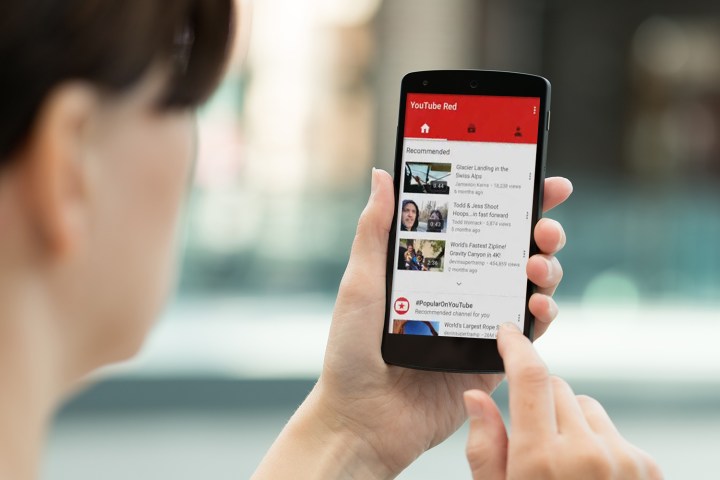
Instead of working around issues creators have with the new subscription service, YouTube made an offer no channel could refuse: Accept the new terms or lose all your videos and revenue.
Most YouTube partners rely primarily on ad revenue to survive, forcing 99 percent of creators to accept the deal regardless of the terms.
YouTube has downplayed the deal, claiming that creators and viewers have asked for a subscription service for a long time. YouTube also said it wanted a consistent experience for viewers that subscribe, letting them view all content available for normal viewers.
Most YouTubers seem to be fine with the deal, which would suggest YouTube is offering a fair rate compared to the 55 percent it gives to video creators in ad revenue share. It hasn’t disclosed details of the agreement to anyone outside of the partners and networks, however.
That still doesn’t make it fair for creators that didn’t agree with the subscription service — especially channels that make shorter videos. YouTube will pay out more money to channels that can keep users engaged for longer, favoring longer videos. This could harm short video makers like PewDiePie, nigahiga, and Tom Scott that tend to make videos under 10 minutes long.
The deal will apparently only affect YouTube partners, those channels that already receive 55 percent of the revenue from Google adverts. We suspect Disney — the biggest network that didn’t accept the deal — wanted more revenue per subscriber.
Disney runs Maker Studios, the network that holds PewDiePie, Toby Turner, Dodger, and Jenn Im’s contract — some of the biggest names on the video platform. This could turn bloody if Disney decides to go head-to-head with YouTube to obtain a better deal, though that would leave Maker’s channels without a platform to earn money.
All of this conflict stems from YouTube’s complete dominance in the video market. Facebook is starting to show some life, but most of the popular videos on the social network are stolen from YouTube. The video market needs real competitors, so that when Google tries to harm creators by forcing them into non-negotiable contracts, they can look towards a better alternative that won’t crush the creator’s revenue.


